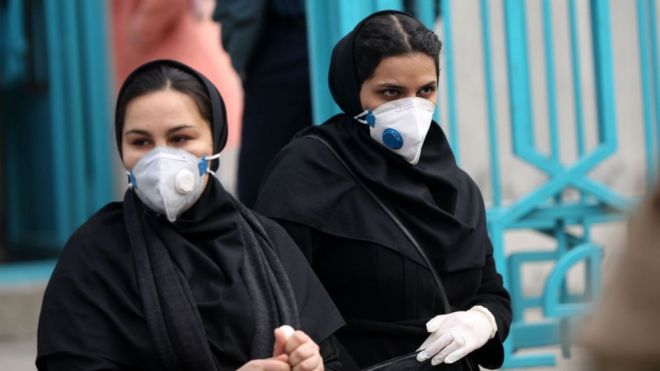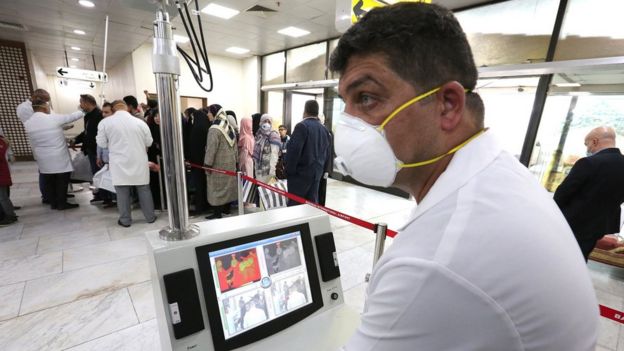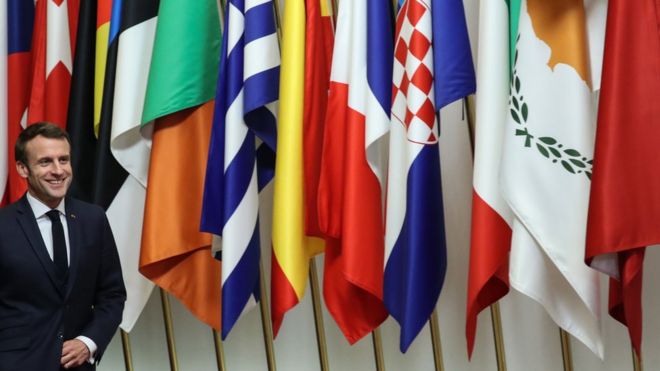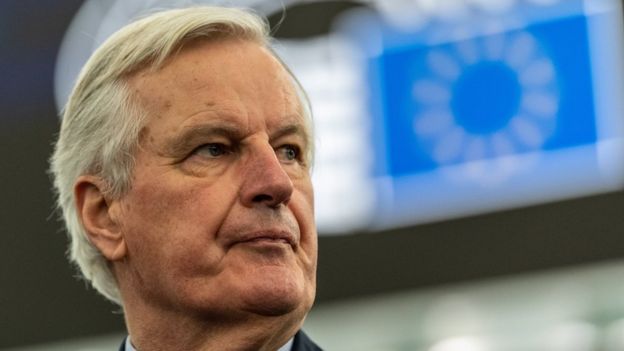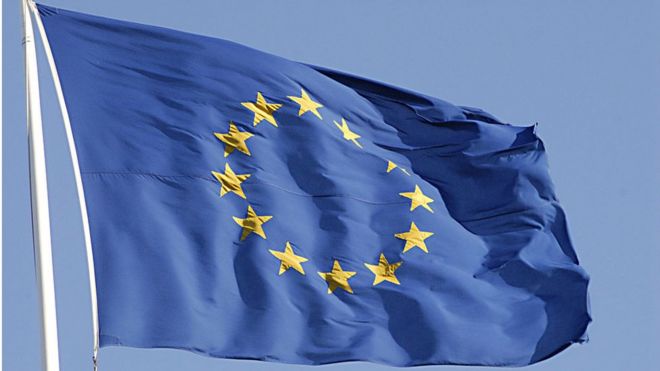SHANGHAI/SEOUL (Reuters) - Germany said on Wednesday that it was heading for a coronavirus epidemic and could no longer trace all cases, as the number of new infections inside China - the source of the outbreak - was for the first time overtaken by those elsewhere.
Asia reported hundreds of new cases, Brazil confirmed Latin America’s first infection and the new disease - COVID-19 - also hit Pakistan, Greece and Algeria. Global food conglomerate Nestle suspended all business travel until March 15.
Stock markets across the world lost $3.3 trillion of value in four days of trading, as measured by the MSCI all-country index .MIWD00000PUS, but on Wednesday Wall Street led something of a rebound. [MKTS/GLOB]
U.S. health authorities, managing 59 cases so far, have said a global pandemic is likely, but President Donald Trump accused two cable TV channels that frequently criticise him of “doing everything possible to make (the coronavirus) look as bad as possible, including panicking markets”.
The disease is believed to have originated in a market selling wildlife in the central Chinese city of Wuhan late last year and has infected about 80,000 people and killed more than 2,700, the vast majority in China.
While radical quarantining measures have helped to slow the rate of transmission in China, elsewhere it is accelerating.
Germany, which has around 20 cases, said it was already impossible to trace all chains of infection, and Health Minister Jens Spahn urged regional authorities, hospitals and employers to review their pandemic planning.
“Large numbers of people have had contact with the patients, and that is a big change to the 16 patients we had until now where the chain could be traced back to the origin in China,” he said.
The U.S. Centers for Disease Control and Prevention had also spoken on Tuesday of a nascent pandemic. “It’s not a question of ‘if’. It’s a question of ‘when’ and how many people will be infected,” said its principal deputy director, Anne Schuchat.
‘PANDEMIC’ - OR NOT?
The World Health Organization (WHO) said China had reported 411 new cases on Tuesday - against the 427 logged in 37 other countries.
However, WHO chief Tedros Adhanom Ghebreyesus advised diplomats in Geneva on Wednesday against speaking of a pandemic.
“Using the word pandemic carelessly has no tangible benefit, but it does have significant risk in terms of amplifying unnecessary and unjustified fear and stigma, and paralysing systems,” he said.
“It may also signal that we can no longer contain the virus, which is not true.”
Dr Bruce Aylward, head of a joint WHO-Chinese mission on the outbreak, told reporters on his return to Geneva:
“Think the virus is going to show up tomorrow. If you don’t think that way, you’re not going to be ready ... This a rapidly escalating epidemic in different places that we have got to tackle super-fast to prevent a pandemic.”
Trump tweeted that he would attend a briefing on Wednesday. But the White House denied a report by the Politico outlet that it was considering appointing a “coronavirus czar”.
The WHO says the outbreak peaked in China around Feb. 2, after measures that included isolating Hubei province.
China’s National Health Commission reported 406 new infections on Wednesday, down from 508 a day earlier and bringing the total confirmed cases in mainland China to 78,064. Its death toll rose by 52 to 2,715.
The WHO said only 10 new cases were reported in China on Tuesday outside Hubei.
FEARS FOR OLYMPICS
South Korea, which with 1,261 cases has the most outside China, reported 284 new ones including a U.S. soldier, as authorities prepared to test more than 200,000 members of a Christian church at the centre of the outbreak.
Brazil reported the first case in Latin America, a source said on Wednesday - a 61-year-old who had visited Italy.
In Japan, Prime Minister Shinzo Abe called for sports and cultural events to be scrapped or curtailed for two weeks to stem the virus as concern mounted for the 2020 Tokyo Olympics.
Japan has nearly 170 cases, besides the 691 linked to a cruise ship that was quarantined off its coast this month. Six people have died there, including four from the ship.
There have been nearly 50 deaths outside China, including 12 in Italy and 19 in Iran, according to a Reuters tally.
While Iran has reported only 139 cases, epidemiologists say the death rate of around 2% seen elsewhere suggest that the true number of cases in Iran must be many times higher, and cases linked to Iran have been reported across the Middle East.
In Europe, Italy has become a front line in the global outbreak with 322 cases. Italians or people who had recently visited Italy have tested positive in Algeria, Austria, Croatia, Romania, Spain and Switzerland.
Two hotels, one in Austria and one on Tenerife in Spain’s Canary Islands, were locked down over cases linked to Italy.
Authorities said the more than 700 guests at Tenerife’s four-star Costa Adeje Palace could leave their rooms after a day of confinement but would have to stay in the hotel for 14 days.
“It’s very scary because everyone is out, in the pool, spreading the virus,” said 45-year-old Briton Lara Pennington, fearing for her two young sons and her elderly in-laws.
(Interactive graphic tracking global spread of coronavirus
here)
Reporting by Julie Steenhuysen and Susan Heavey in Washington, Diane Bartz in Chicago, Gavin Jones, Francesca Piscioneri and Crispian Balmer in Rome, Ryan Woo, Yilei Sun and Lusha Zhang in Beijing, Kate Kelland in London, Hyonhee Shin and Josh Smith in Seoul, Geert De Clercq in Paris, Paresi Hafezi and Alexander Cornwell in Dubai and Stephanie Nebehay and Michael Shields in Geneva; Writing by Michael Perry, Nick Macfie and Kevin Liffey; Editing by Pravin Char and John Stonestreet
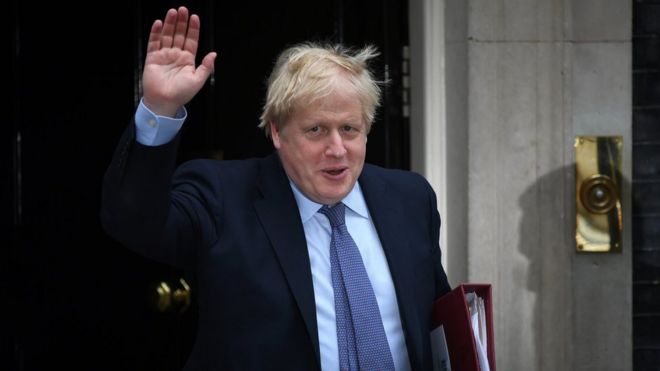 GETTY IMAGES
GETTY IMAGES